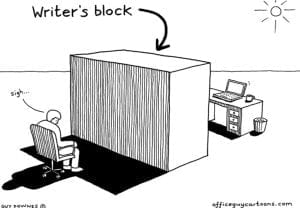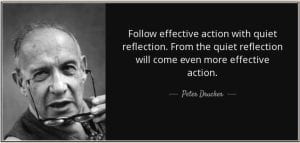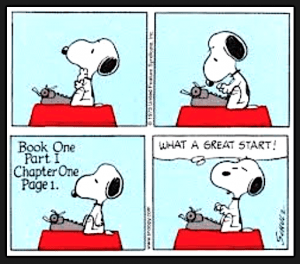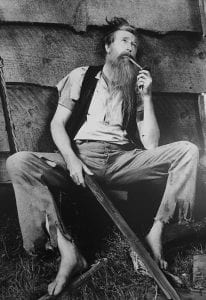 Martin Amis describes how he starts a novel and, in many ways, this gels with me too.
Martin Amis describes how he starts a novel and, in many ways, this gels with me too.
“The common conception of how novels get written seems to me to be an exact description of writer’s block. In the common view, the writer is at this stage so desperate that he’s sitting around with a list of characters, a list of themes, and a framework for his plot, and ostensibly trying to mesh the three elements. In fact, it’s never like that. What happens is what Nabokov described as a throb. A throb or a glimmer, an act of recognition on the writer’s part. At this stage the writer thinks, Here is something I can write a novel about. In the absence of that recognition I don’t know what one would do. It may be that nothing about this idea—or glimmer, or throb—appeals to you other than the fact that it’s your destiny, that it’s your next book. You may even be secretly appalled or awed or turned off by the idea, but it goes beyond that. You’re just reassured that there is another novel for you to write. The idea can be incredibly thin—a situation, a character in a certain place at a certain time. With Money, for example, I had an idea of a big fat guy in New York, trying to make a film. That was all. Sometimes a novel can come pretty consecutively and it’s rather like a journey in that you get going and the plot, such as it is, unfolds and you follow your nose. You have to decide between identical-seeming dirt roads, both of which look completely hopeless, but you nevertheless have to choose which one to follow.” [from The Paris Review]

 Waiting is a difficult game and not many of us are built to handle it well. “Waiting for what?” you might ask. It could be waiting for your next plot idea, next book concept, or waiting for a literary agent to get back to you after a full manuscript request. So, to ease the pain, here are a few suggestions:
Waiting is a difficult game and not many of us are built to handle it well. “Waiting for what?” you might ask. It could be waiting for your next plot idea, next book concept, or waiting for a literary agent to get back to you after a full manuscript request. So, to ease the pain, here are a few suggestions:
 Some days the words just flow. Hundreds, maybe thousands of them in a rush. Some days you feel so high. Some days you laugh at your own funny parts, and cry at the sad ones. Some days you know that this book is The One.
Some days the words just flow. Hundreds, maybe thousands of them in a rush. Some days you feel so high. Some days you laugh at your own funny parts, and cry at the sad ones. Some days you know that this book is The One. Looking for inspiration for my next novel. Hmm, something’s in the pipeline already!
Looking for inspiration for my next novel. Hmm, something’s in the pipeline already! [novel extract: “His favorite café – the Bar Arcibaldo – was just across the street from the university entrance, and Jak was delighted to enter and finally shake off the cold air. Not only was this a good place to relax, but it was also an opportunity to enjoy the company of fellow university students and lecturers who frequently gathered here between classes and at the end of their academic day.] Note: “Nun Te Pago” means “Not paid.”
[novel extract: “His favorite café – the Bar Arcibaldo – was just across the street from the university entrance, and Jak was delighted to enter and finally shake off the cold air. Not only was this a good place to relax, but it was also an opportunity to enjoy the company of fellow university students and lecturers who frequently gathered here between classes and at the end of their academic day.] Note: “Nun Te Pago” means “Not paid.”